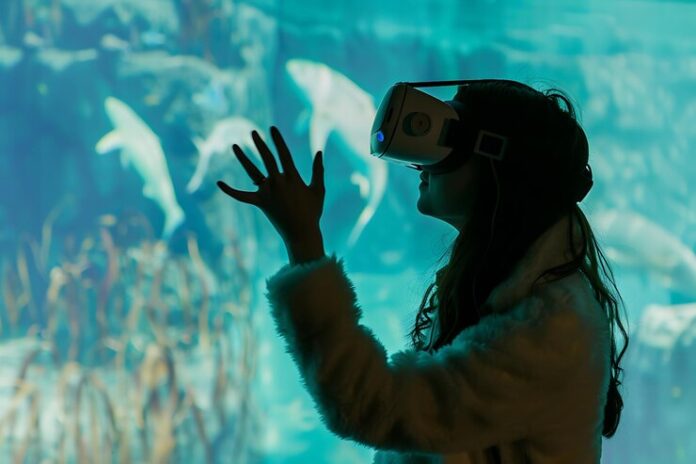Imagine stepping into a world where you can attend meetings in a virtual office, explore distant lands from your living room, or even try on clothes without visiting a store. This is the promise of augmented reality (AR), virtual reality (VR), and the Metaverse, technologies that are rapidly changing how we interact with the digital world.
The Metaverse is a virtual universe where AR and VR converge, creating immersive experiences that feel almost real. Major tech companies, including Meta, Apple, and Microsoft, are racing to build this interconnected space, where people can socialize, work, and play. The Metaverse isn’t just a buzzword; it represents a shift in how we use technology to bridge the gap between the physical and digital worlds.
AR and VR: The Foundation of the Metaverse
Augmented reality enhances the physical world by overlaying digital information, like virtual directions on a city street or interactive models in a classroom. Meanwhile, virtual reality takes users into entirely new environments, perfect for gaming, training, or even medical therapy.
When these technologies merge in the Metaverse, the possibilities expand. Imagine putting on a VR headset and instantly joining friends in a virtual café, or using AR glasses to shop in a virtual mall while still sitting at home. These innovations aim to make our digital interactions as seamless and engaging as possible.
Everyday Applications
AR and VR are no longer confined to gaming or entertainment. Schools are using AR to make lessons more interactive, while VR simulations help surgeons practice complex procedures. Retailers are integrating AR to let customers try out products virtually, and real estate agents are offering VR tours of homes. These practical uses are making AR, VR, and the Metaverse more relevant in our daily lives.
Challenges Ahead
Despite the excitement, challenges persist. High costs of VR headsets and AR devices make them less accessible to many. There are also concerns about privacy, security, and ensuring these digital spaces remain inclusive.
Still, the potential is undeniable. As these technologies become more affordable and refined, the Metaverse may soon evolve from a futuristic idea to an essential part of how we live, work, and connect with others.




